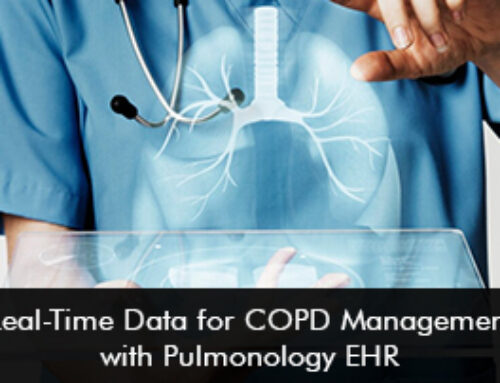Mobile EMR software is the answer to the digital age of healthcare. With mobile Electronic Medical Records (EMR), staying on top of our health has become more convenient than ever.
What is Mobile EMR?
Mobile EMR applications are designed to allow individuals to access their medical records. They can track health metrics, schedule appointments, and communicate with healthcare providers—all from their smartphones or tablets. These apps bring EMR software to the palm of your hand, providing a seamless way to manage your health.
The Convenience Factor
One of the most significant advantages of Mobile EMR is its convenience. Gone are the days of rummaging through stacks of paperwork or waiting on hold to speak to a receptionist. With Mobile EMR, all your health information is accessible with just a few taps on your device.
Imagine being able to review your medical history, lab results, and medication lists anytime, anywhere. Whether you’re at home, at work, or on the go, having your health information readily available empowers you.
Tracking Health Metrics Through Mobile EMR
Another valuable feature of Mobile EMR is the ability to track health metrics. From monitoring your blood pressure and glucose levels to tracking your daily steps and calorie intake, these apps enable you to keep a close eye on your health progress.
Tracking health metrics not only helps you stay accountable but also allows you to identify patterns and trends over time. For example, if you notice a spike in your blood pressure readings, you can take proactive steps to address it.
Appointment Management
Managing doctor’s appointments can be a hassle, especially when juggling multiple schedules. Mobile EMR simplifies this process by allowing you to schedule appointments, set reminders, and conduct virtual visits through telemedicine features.
With just a few taps, you can find available appointment slots, book your visit, and receive notifications. This ensures you never miss an appointment again. Plus, the ability to communicate with your healthcare provider directly through the app streamlines the entire process.
Medication Management Through Mobile EMR
Adhering to medication regimens can be challenging, particularly for individuals with complex medication schedules. Mobile EMR apps make medication management easier by providing medication reminders, refill alerts, and dosage instructions.
By keeping track of your medications within the app, you can ensure you never miss a dose or double up on medication. Additionally, having a list of your medications readily available can be invaluable in emergencies or when consulting with healthcare professionals.
Personalized Health Insights
Many Mobile EMR apps offer personalized health insights based on the data you input. By analyzing your health metrics and behaviors, these apps can provide tailored recommendations and insights to help you achieve your health goals.
Whether suggesting lifestyle changes or identifying potential risk factors, these personalized insights empower users to take control of their health journey.
Privacy and Security on Mobil EMR
Of course, with the convenience of accessing sensitive health information on your mobile device comes concerns about privacy and security. Fortunately, Mobile EMR apps prioritize patient privacy and employ robust security measures to safeguard your data.
From encryption protocols to stringent authentication processes, these apps adhere to strict industry standards. These are to ensure that your health information remains confidential and protected from unauthorized access.
The Future of Healthcare Management
As technology continues to evolve, so too will the capabilities of Mobile EMR. In the future, we can expect to see even more advanced features. These may include integration with wearable devices, artificial intelligence-driven health coaching, and seamless interoperability between healthcare systems.
By embracing Mobile EMR technology, individuals can take proactive steps toward managing their health. This will also foster a closer partnership between patients and healthcare providers, ultimately leading to better health outcomes.






